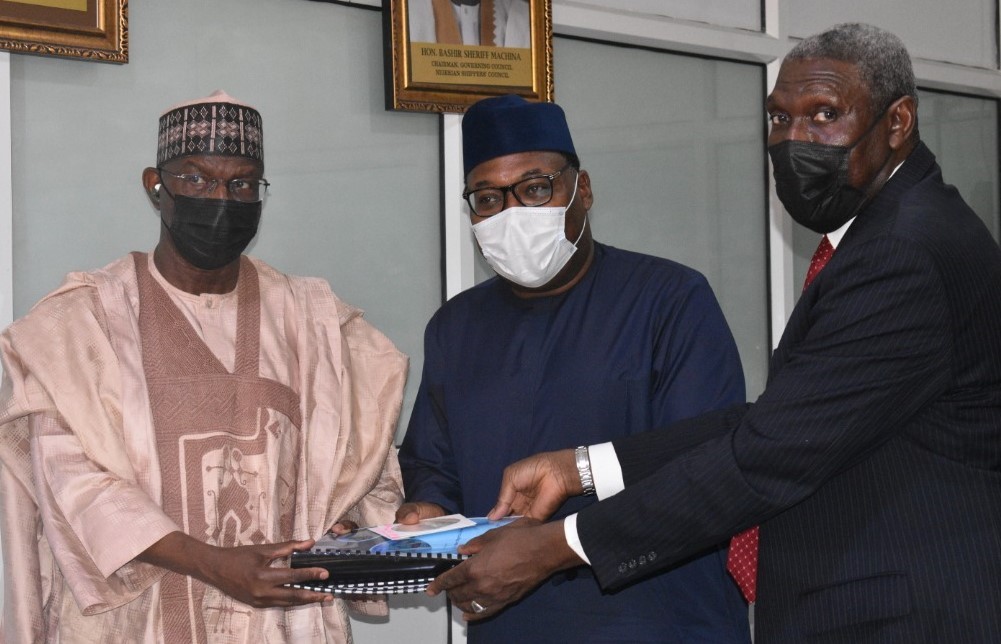The Nigerian Shippers’ Council has expressed confidence that the Dala Inland Dry Port would provide a boost to the business environment in Nigeria as well as support Africa Continental Free Trade Agreement (AfCFTA), as it plans to begin skeletal operations by June 2021.
Executive Secretary/Chief Executive Officer, Nigerian Shippers’ Council, Mr. Hassan Bello, expressed this when the Reviewed Full Business Report of the Dala Inland Dry Port in Kano State was presented to the Council and the management team of the Dala Inland Dry Port.
The presentation was made to them by the Managing partner/CEO of the Public Private Partnership Advisories, Hon.Mohammed Kumalia, at the Shippers’ Council office in Abuja.
Speaking, Bello said that the project aims to decongest the ports and highlight the achievability of the Africa Free Continental Trade Area (AfCTA).
The Council did make known that the bankability, viability and sustainability of the Inland Dry Port had been ascertained and that the location of the dry port would boost trade and reduce barriers to international trade.
He added that the dry port would be a complement to the Kano-Katsina –Jibiya-Maradi rail line and the Lagos-Kano Standard Gauge Railway, which would be integrated into the project.
The Nigerian Shippers’ Council said it had consistently provided support to the concessionaires within the confines of the implementation guidelines and extant regulations.
The dry port project is expected to create value for money by reducing transport cost and saving time in the movement of cargo to the hinterland, while increasing accessibility to Nigeria’s landlocked neighbours in the North.
The Dala Dry Port project which was concessioned in 2006 along with six other Inland Dry Ports, had suffered setbacks such as the lack of accessibility to long-term funding, lack of support from previous governments and regulatory gaps that existed when the concession exercise was initiated.
The project, however, received a boost in 2018 when it found new investors.
The Reviewed Business Report would be submitted to the Infrastructure Concession Regulatory Commission (ICRC) through the Minister of Transportation for the issuance of a full business case compliance certificate.

































































